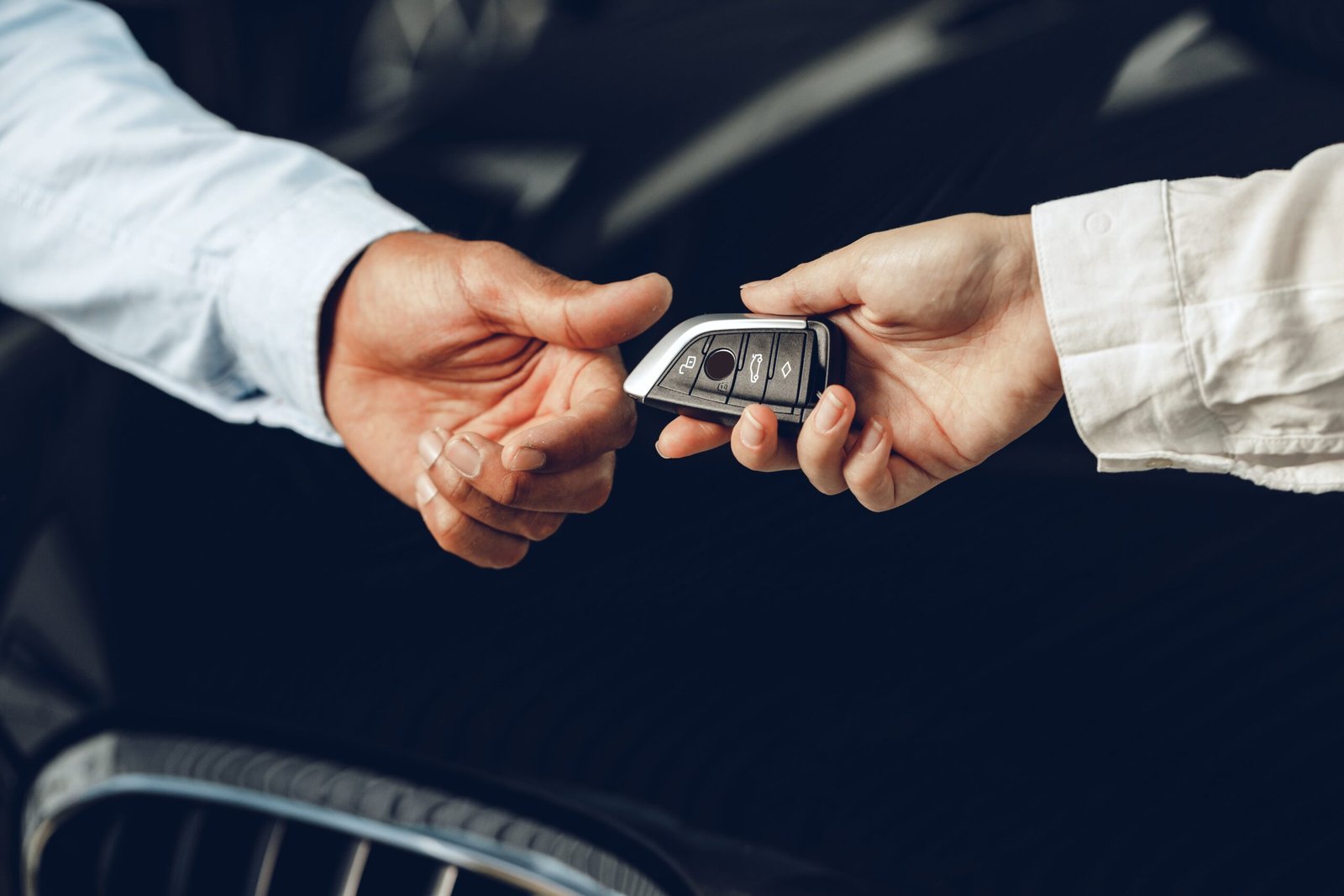Reprogramming Keys for Cars: An Essential Guide
In an age where innovation drives automotive innovation, understanding the intricacies of vehicle security and key programming has become progressively essential for car owners. Mechanical keys have actually mostly been changed by smart keys and key fobs, which use improved security and convenience but also present new complexities when it pertains to reprogramming. This post intends to explore the essential elements of reprogramming keys for cars, consisting of techniques, common problems, and a clear guide to actions associated with the procedure.
What is Key Reprogramming?
Key reprogramming refers to the process of resetting or upgrading a car's electronic keys or fobs. click the up coming web page manufactured from the late 1990s onward generally depend on sophisticated innovation that consists of keyless entry systems, immobilizers, and, in many cases, remote start features. When a key is lost or when extra keys require to be contributed to the car's electronic system, reprogramming is necessary to make sure that the vehicle recognizes the new key which it can start dependably.
Factors for Reprogramming Keys
- Lost Keys: If a key is lost or taken, it is important to reprogram the car to avoid unauthorized access.
- Adding New Keys: Owners typically require to include brand-new keys when giving household members or other users access to the vehicle.
- Malfunctioning Keys: Sometimes, keys can become unresponsive due to malfunctioning batteries or other technical problems.
- Key Replacement: When a brand-new key is purchased, the vehicle may require reprogramming to recognize the new key.
Approaches of Reprogramming Keys
Reprogramming keys can differ considerably based upon the make and model of the vehicle. Below are the most common approaches for reprogramming car keys:
| Method | Description |
|---|---|
| Onboard Programming | Some vehicles allow key reprogramming through the ignition switch without special tools. |
| Diagnostic Tool | Professional mechanics typically utilize diagnostic tools to user interface with the vehicle's ECU. |
| Transponder Chip | Automobiles geared up with transponder keys need special programming of the key's chip. |
| Key Programmer Device | Specialized devices are available for purchase that can reprogram numerous types of keys. |
Onboard Programming
Onboard programming includes following a series of steps with the vehicle's ignition system. Although not applicable for all designs, the process normally follows these actions:
- Insert the original key into the ignition and turn it to the 'On' position (do not start the engine).
- After a couple of seconds, turn the key back to the 'Off' position.
- Repeat this procedure within a particular number of seconds (inspect the owner's handbook for precise information).
- Turn the vehicle to the 'On' position again with the new key you want to program. The security light will flash to indicate the brand-new key has been accepted.
Diagnostic Tool Method
For more intricate reprogramming, it may be essential to utilize a diagnostic tool, particularly for newer cars. This is often done by an automotive technician. The steps typically include:
- Connecting the diagnostic tool to the vehicle's OBD-II port.
- Picking the choice for key programming.
- Following on-screen directions to input new key details into the vehicle's ECU.
FAQ: Reprogramming Keys for Cars
Q1: Can I reprogram my car keys myself?
A1: Yes, depending upon the make and model of your vehicle, some cars permit onboard programming that you can perform yourself. Nevertheless, for lots of newer models, using professional services or diagnostic tools may be necessary.
Q2: How much does it cost to reprogram a car key?
A2: The cost of reprogramming a car key varies extensively based upon the vehicle's make and design, the intricacy of the key, and the method used. Expect to pay anywhere from ₤ 50 to ₤ 250, particularly for luxury or foreign lorries.
Q3: What should I do if my key is not being acknowledged by my car?
A3: First, make sure the key's battery is operating. If it still does not work, try reprogramming it. If these actions stop working, consult a professional for assistance, as there may be an issue with the key or the vehicle's electronic systems.
Q4: How do I understand if my key has a transponder chip?
A4: If your key has a small plastic head and contains a small chip inside (typically noticeable when you take a look at the key carefully), it is likely a transponder key. Examine your owner's manual to determine the kind of key used with your vehicle.
Common Key Reprogramming Issues
While reprogramming keys can be simple, various concerns might emerge:
- Key is Not Accepted: The vehicle stops working to recognize the key throughout the reprogramming attempt.
- Security Light Issues: The security system may malfunction, needing extra troubleshooting.
- Battery Issues: Dead batteries in keys or vehicles can impede the programming process.
Repairing Tips
- Inspect Battery Life: Ensure both the vehicle battery and the key fob battery are functional.
- Reset Systems: Occasionally, resetting the vehicle's electrical systems can assist in solving issues.
- Consult the Manual: Reference the vehicle's owner manual for specific programming directions.
Reprogramming keys for cars is an essential skill for contemporary vehicle ownership. As smart keys and advanced electronic systems become significantly commonplace, comprehending the techniques, reasons, and potential difficulties in reprogramming keys is essential. Whether performed by the vehicle owner through onboard programming or facilitated by automotive specialists with diagnostic tools, this procedure enhances vehicle security and boosts user convenience. With the best knowledge and tools, car owners can successfully manage their keys to preserve control and access to their automobiles with confidence.

